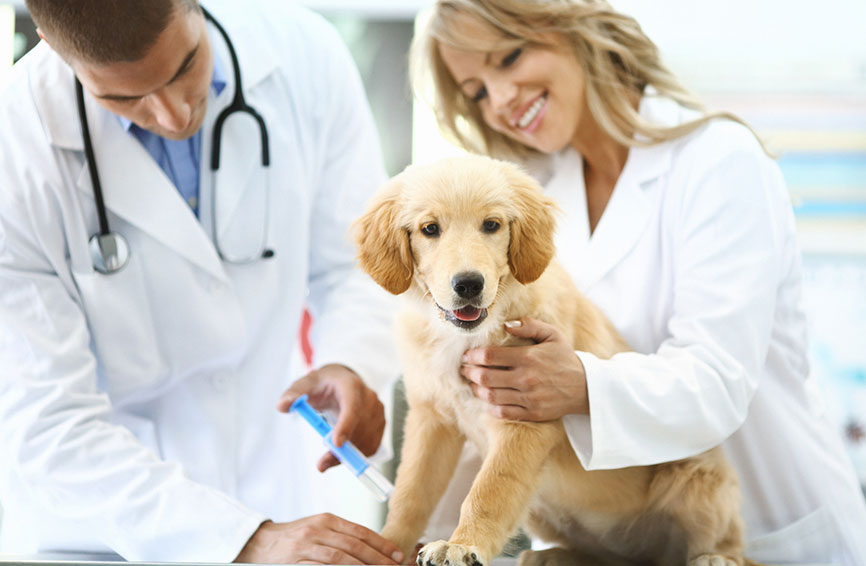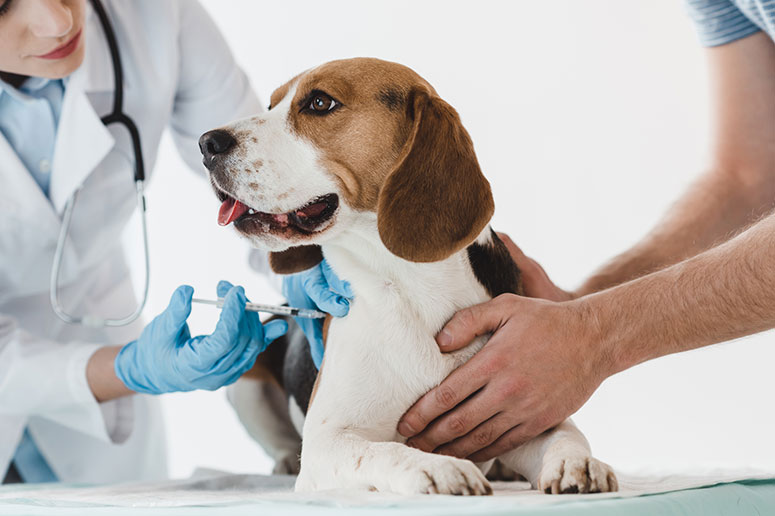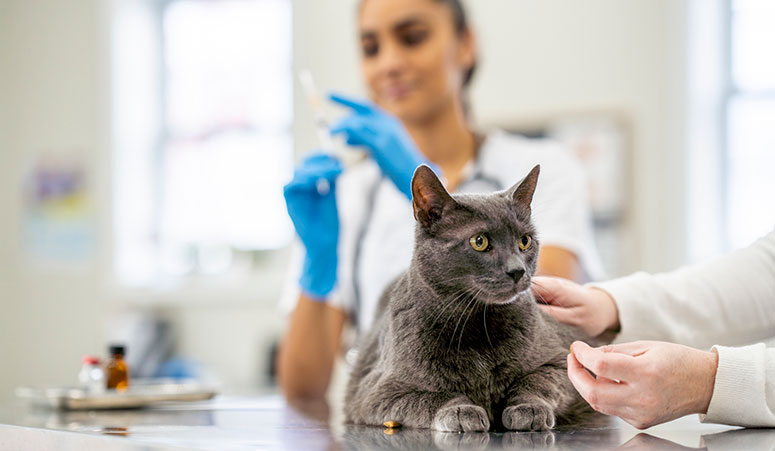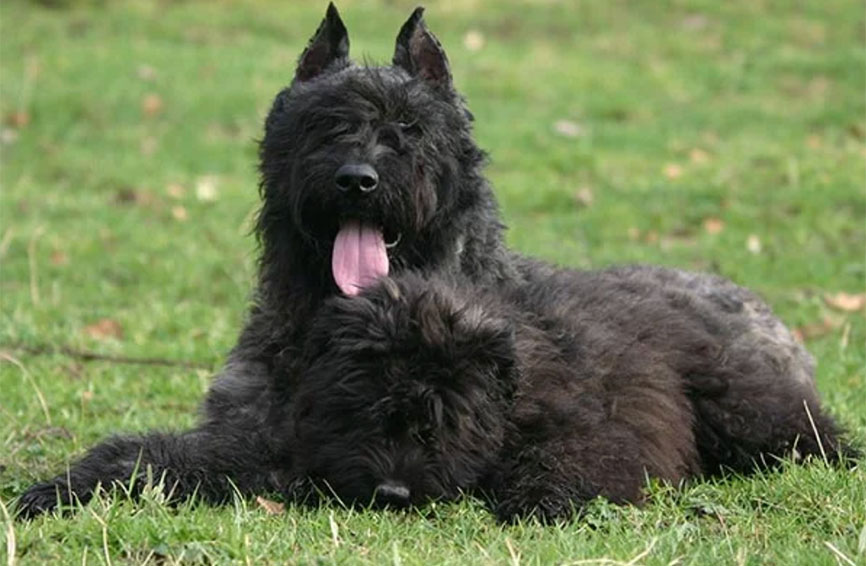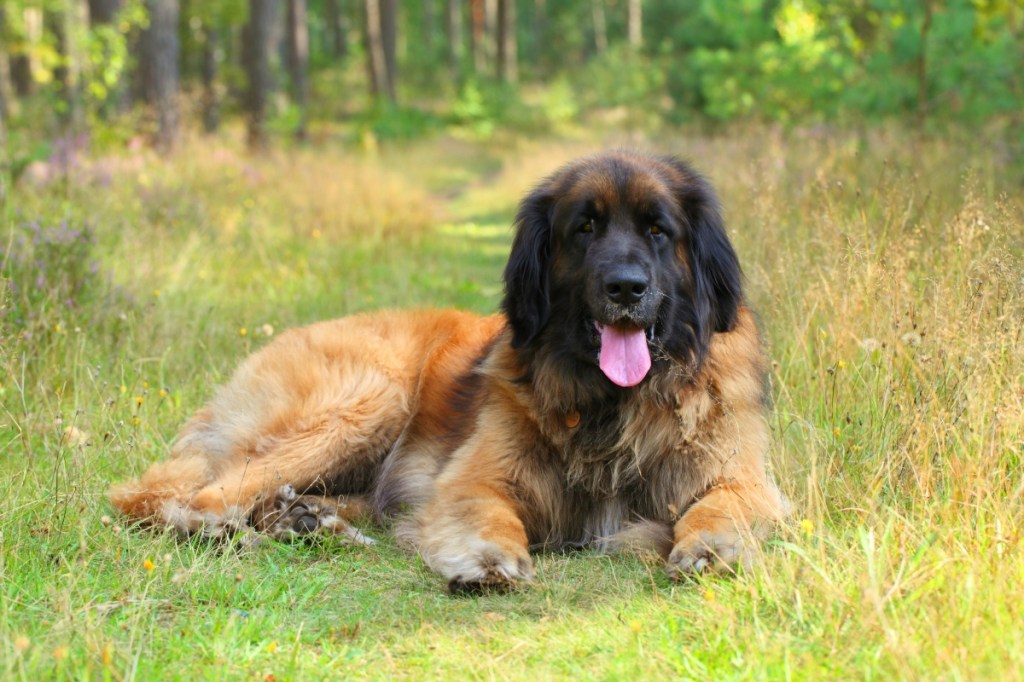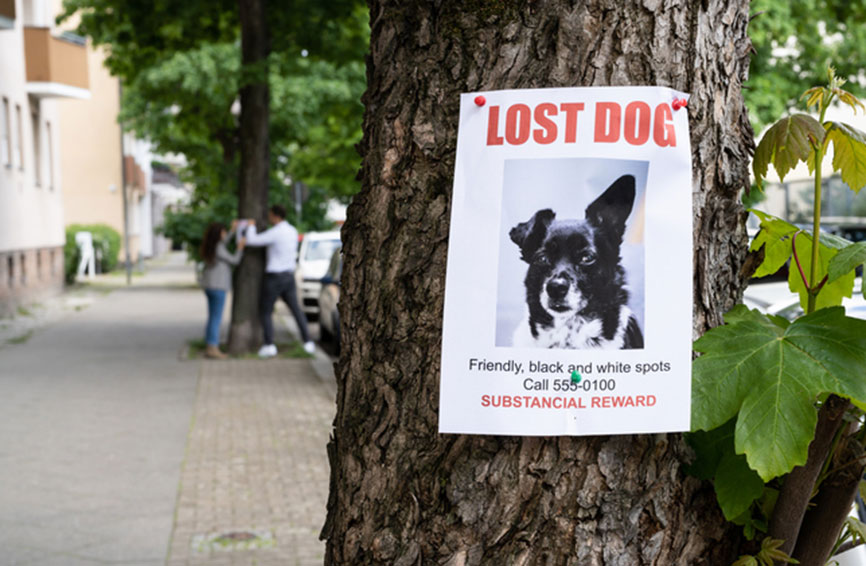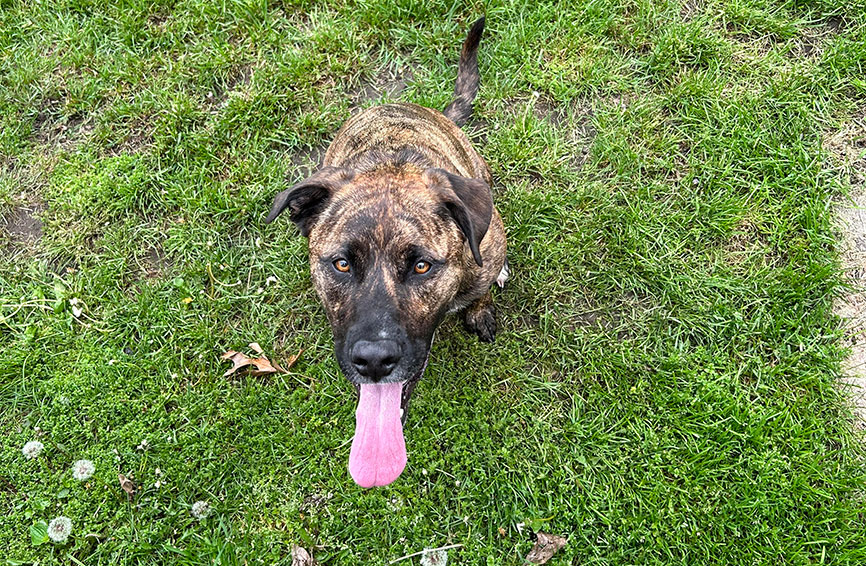Key Takeaways
- An increasing number of people express concerns over the benefits of vaccination, and now that hesitancy is expanding to pets.
- The small risks associated with vaccines are far outweighed by the risks associated with vaccine-preventable diseases, most veterinarians agree.
- Some vaccines for pets are only needed one time, while others require boosters annually or every few years.
Table of Contents
Since the COVID-19 pandemic started in early 2020, there’s been a marked increase in the number of people who are skeptical of vaccinations, primarily due to misinformation. Even some presidential candidates and high-ranking public officials cast doubt on the value of human vaccines.
Health researchers estimate that COVID-19 vaccinations likely saved 2.4 million lives between January and August 2021. Despite this success, an increasing number of people express concerns over the benefits of vaccination.
But that wariness does not just impact humans – a study published in the journal Vaccine last fall revealed that more than half (53 percent) of dog owners hold negative views of canine vaccines. Of that number, 37 percent questioned the safety, 22 percent questioned the efficacy, and 30 percent questioned the importance of vaccines for dogs.
That reluctance is already having tragic consequences for unvaccinated dogs and cats, who are getting sick and even dying of entirely preventable conditions. In addition, pet insurance companies, including Healthy Paws, may not cover treatment of vaccine-preventable diseases – unless a vet recommends against vaccination for a particular pet due to an underlying medical issue – since prevention is considered part of being a responsible pet parent.
“We often see issues in human medicine spill over to veterinary medicine, and that seems to be the case with vaccine hesitancy,” says Cathy Barnette, DVM, a consulting veterinarian for Healthy Paws. “There have always been occasional pet owners who resisted vaccines, but unfortunately, this seems to have become more widespread during the pandemic.”
People who are concerned about over-vaccinating pets worry they may stress the immune system, cause adverse reactions, and contribute to long-term chronic diseases. However, veterinarians overwhelmingly recommend pet parents get animals vaccinated, according to the American Animal Hospital Association’s (AAHA) vaccination guidelines for dogs and cats.
Are vaccinations safe for dogs and cats?
Vaccines can have side effects; that is true. The most common effects include lethargy, diarrhea, and reduced appetite. Fortunately, severe reactions are very rare. The small risks associated with vaccines are far outweighed by the risks associated with vaccine-preventable diseases, Dr. Barnette said. In fact, veterinarians take this risk-benefit calculation into account when making vaccine recommendations. Vaccination recommendations are usually aimed at highly contagious pathogens for conditions with a high fatality rate.
Dogs and puppies frequently die of conditions such as canine distemper and parvovirus, which can both be avoided by keeping dogs up-to-date on vaccines. People who don’t vaccinate their pets also put other people’s pets at risk, as these diseases are highly contagious.
Possible health risks to humans
In the case of zoonotic diseases, or diseases that can pass from pets to people, failure to vaccinate can impact human health. While rare in the U.S., rabies is an especially dangerous disease. A pet with rabies will die, and anyone bitten by the pet can also die if they don’t get treated immediately. Most states require rabies vaccinations for this reason. Rabies is entirely avoidable with a vaccine.
What vaccines does your pet need?
Veterinarians designate core and non-core vaccines for pets. Essential, core vaccines are considered medically necessary for all pets. Non-core vaccines, also called lifestyle vaccines, are recommended when a pet has specific risk factors for that disease.
Here are the recommended dog vaccinations:
| Vaccine Type | First Dose | Booster Doses | |
| Recommended (Core) Vaccines | Rabies | 12-16 weeks | 1 year of age, and every 1-3 years after that (depending on state/local laws) |
| Distemper | 6-9 weeks | Every 3-4 weeks until 16 weeks of age, one year of age, and yearly after that | |
| Parvovirus | 6-8 weeks | 10-12 weeks, 14-16 weeks, one year later, and every three years after that | |
| Optional (Non-Core) Vaccines | Lyme | 12 weeks | 3-4 weeks after first dose; one year of age and yearly after that |
| Leptospirosis | 12 weeks | 3-4 weeks after first dose; one year of age and yearly after that | |
| Bordetella (kennel cough) | 6-9 weeks | 3-4 weeks after first dose if given underneath skin; at one year of age if given orally or nasally; repeat every 6-12 months | |
| Canine influenza | 6 weeks | 8-10 weeks of age and annually after |
Whether you should get the non-core vaccinations for dogs depends on your circumstances; your vet can tell you if they are recommended for your pet. For example, Bordetella vaccination will help prevent kennel cough and is recommended for dogs who have contact with other dogs, such as at a boarding facility or kennel. Many dog daycares will require a shot every six months. The Leptospirosis vaccine is recommended for dogs who spend time outside, as it is carried by wildlife and is found in places they urinate. The Lyme disease vaccine is recommended If you live in an area where ticks are present.
Here are the recommended cat vaccinations:
| Vaccine Type | First Dose | Booster Doses | |
| Core vaccines | FVRCP | 6-8 weeks | 10-12 weeks, 14-16 weeks, annually |
| Rabies | 14-16 weeks | Annually or every 3 years | |
| Optional (Non-Core) Vaccines | |||
| FeLV | 10-12 weeks | 14-16 weeks, annually |
The FVRCP vaccine is for three different conditions – Feline Rhinotracheitis Virus/Herpesvirus 1, Feline panleukopenia, and Feline Calicivirus – FCV.
Feline panleukopenia, also known as feline parvovirus, is a highly infectious disease with mortality rates as high as 90% in kittens. Intensive treatment and hospitalization are the only chance for kittens to survive.
The FeLV vaccine protects your cat against feline leukemia virus, which can be transmitted to other cats. Feline leukemia is the most common cause of cancer in cats, and it can also lead to a weakened immune system and other harmful effects.
People with outdoor cats or multi-cat households may want to consider vaccinating for feline immunodeficiency virus (FIV), chlamydophila, and kennel cough. FIV, in particular, can be devastating to cats and is easily preventable with vaccination.
If you are concerned about your pet’s health, consider enrolling in pet insurance. While vaccines are not covered, accidents and illnesses are common, and an unexpected vet trip can really put a dent in your finances. With pet insurance, you can save up to 90% on vet bills. And with every free quote for pet insurance, Healthy Paws Foundation donates towards a homeless pet’s medical care. Get your quote today.
